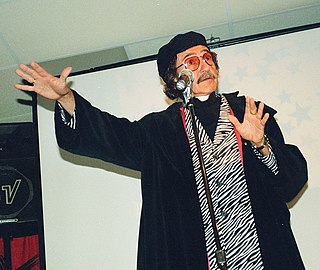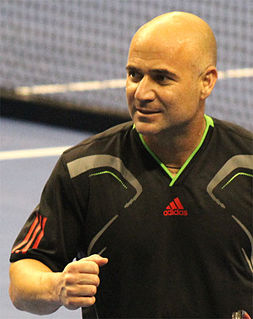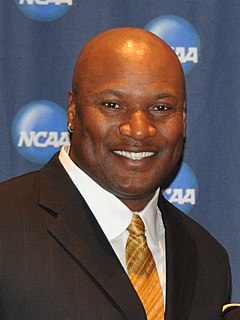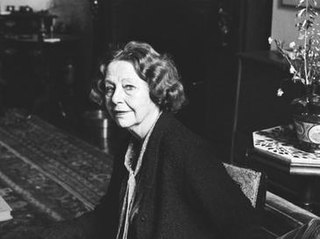A Quote by Troy Carter
I found a scrap book that my mom had given to me, and inside was a letter that I wrote to myself at age 19. The letter included my goals and dreams for my life, and even then, I was writing about the management company that I built today.
Related Quotes
Darling, You asked me to write you a letter, so I am writing you a letter. I do not know why I am writing you this letter, or what this letter is supposed to be about, but I am writing it nonetheless, because I love you very much and trust that you have some good purpose for having me write this letter. I hope that one day you will have the experience of doing something you do not understand for someone you love. Your father
Someone asked me if I would like to write a man on death row, be a pen pal, and I was like, sure. I volunteered. I had been in a place in my life - a relationship had ended; my parents were getting elderly - I was kind of adrift. The name that was given to me, just randomly, was Todd Willingham. And he wrote me a letter, and in this letter, he thanked me for writing him and [said that] if I would like to visit, he would put me on his visitor list... I was just really struck by the letter from Todd. It was very polite; it was very kind.
[Larry Kramer] even wrote this angry letter to the president of Yale, and in it he said what he said to us, that he was so disappointed in his straight friends because of AIDS and everything. He wrote the letter around March. And in it he wrote, "I usually go to the Trillins for Christmas, but I just couldn't do it this year."
I have always been a letter writer, and I found when my numbers got over half a million, I couldn't think about how many people there were out there. I had to think as if I were writing a letter to my brothers and sisters, to my good friends with whom I have had a correspondence since I could hold a pen.
I wrote a letter to my Dad - I wrote, "I really enjoy being here," but I accidentally wrote rarely instead of really. But I still wanted to use it, so I wrote, "I rarely drive steamboats, Dad - there's a lot of stuff you don't know about me. Quit trying to act like I'm a steamboat operator." This letter took a harsh turn right away.
. . . I wrote a letter to Thomas Pynchon asking, Can I have your permission to try to make an [adaptation] of your book? And I had no idea that he would answer me, because he's pretty elusive. But he did send a letter back that said, Yes, you can do that - as long as the only instrument in the opera is a banjo. I thought, That's an interesting way of saying No.
The scoreboard said I lost today, but what the scoreboard doesn't say is what it is I have found. Over the last 21 years, I have found loyalty. You have pulled for me on the court and also in life. I found inspiration. You have willed me to succeed, sometimes even in my lowest moments, and I've found generosity. You have given me your shoulders to stand on to reach for my dreams, dreams I could never have reached without you.
A letter is not a dialogue or even an omniscient exposition. It is a fabric of surfaces, a mask, a form as well suited to affectations as to the affections. The letter is, by its natural shape, self-justifying; it is one's own evidence, deposition, a self-serving testimony. In a letter the writer holds all the cards, controls everything about himself and about those assertions he wishes to make concerning events or the worth of others. For completely self-centered characters, the letter form is a complex and rewarding activity.
It was a good 15 or 20 years before anyone at Rand would be in the same room with me. They didn't want the question raised, 'What's your relationship with Daniel Ellsberg?' And not one of them wrote me a letter because they didn't want a letter of theirs to show up in my trash - which the FBI had been going through.




































